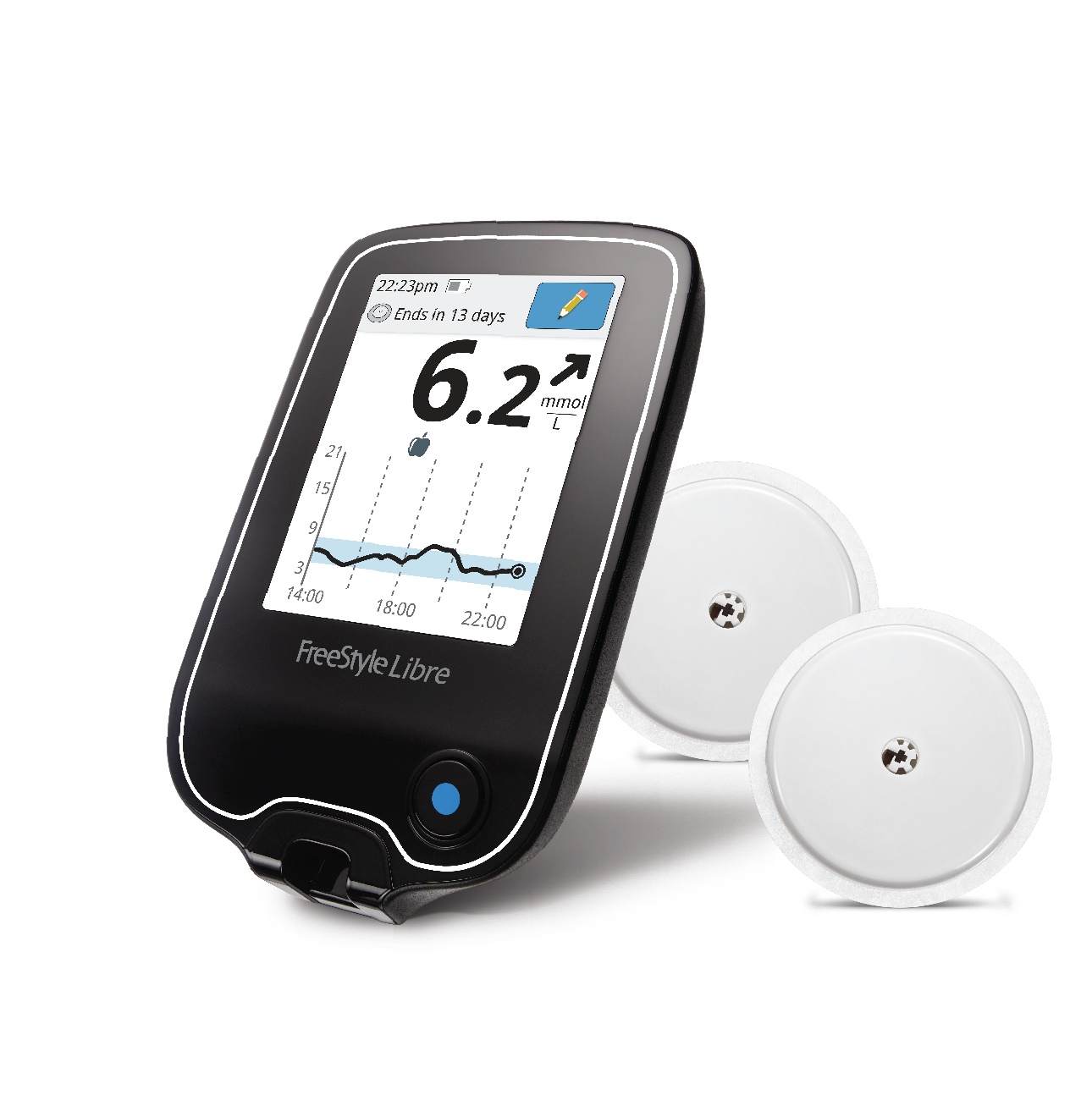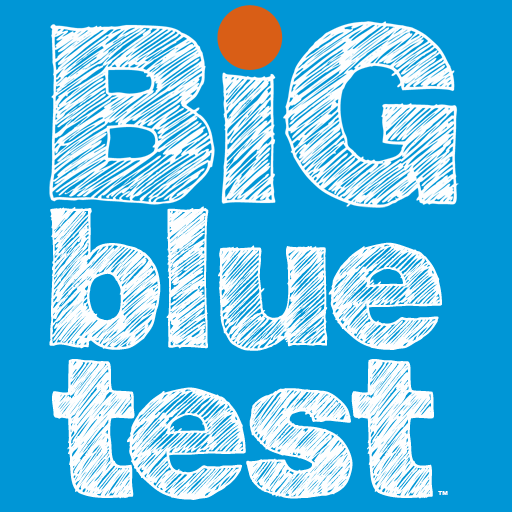 The long, long, long, long, long, long awaited Abbott Freestyle Libre has been officially launched for sale in Ireland on November 1st. Click here to purchase. The Libre is a less invasive method of checking blood glucose levels and provides a profile of blood glucose trends in a graph on a reader device for up to 14 days.
And for most people with type 1 diabetes, the finger prick blood sugar check is not the worst part of living with type 1. But, the not knowing what your blood glucose is between finger prick to finger prick is a crucial missing piece of the living with type 1 diabetes puzzle.
The long, long, long, long, long, long awaited Abbott Freestyle Libre has been officially launched for sale in Ireland on November 1st. Click here to purchase. The Libre is a less invasive method of checking blood glucose levels and provides a profile of blood glucose trends in a graph on a reader device for up to 14 days.
And for most people with type 1 diabetes, the finger prick blood sugar check is not the worst part of living with type 1. But, the not knowing what your blood glucose is between finger prick to finger prick is a crucial missing piece of the living with type 1 diabetes puzzle.
I was very honoured to be invited to an advance briefing on the Abbott Freestyle Libre with several other members from the diabetes blogging community on October 13th.
(DISCLAIMER ALERT!!) Abbott paid for my travel expenses from Clare to attend but they did not ask me to blog about or influence my opinions of the Libre. I was asked to try out the Abbott Freestyle Libre with two sensors and given them for free.
CONFIDENTIALITY - we also had to agree to not discuss our briefing outside of the room until the media embargo was lifted on November 1st. This was really difficult, I think for all of us as members of the diabetes community and not being able to talk about it with our community. This was really difficult!
I have been following the Libre since it’s launch in the UK a couple of years ago. I don't think there is any doubt in anyone's mind that the Libre will revolutionise diabetes care, especially in Ireland, and more importantly, improve the quality of life for many people living with diabetes. The launch of the Libre in Ireland will give more people access to the blood glucose data that has only available to very few who have been able to acquire CGM systems.
I feel that my opinion of the Libre may be different than most people who are buying it, in that they are moving from finger prick blood glucose meter checking to the Libre. I, on the other hand, have been using a CGM for a year, so the information “wow” factor didn't exist for me when I fired up my Libre because I had that information "wow" factor (“Really, that’s what two slices of toast does to my BGs!”) a year ago.
I may do a full review of how I found using the Libre in a later post but for now I want to share some of the information I learned from the briefing and from making some phone calls about funding the Libre.
As you may have heard, the Libre is not available on the government funded Long Term Illness Scheme which provides all approved diabetes medications and supplies free of charge. Yet!
Abbott could not comment on what stage they were at in the procurement process with the HSE Long Term Illness scheme. And declined to offer a contact within the HSE that we could chase after - I suppose who could blame them. So, for now, here are a few tips that may help you cover the cost of the Libre.
The Libre starter pack of two sensors and a reader costs €169.90. After that each sensor costs €59.90 and if you break or lose your it will cost €59.90 to replace it. It is a big financial commitment for a person living with diabetes and here are some options to help with the covering the cost of it;
Tax Relief through the Med 1 Form
One option available to everyone is to claim tax relief via the Med 1 form from Irish revenue. This will reimburse you 20% of the cost of the Libre and subsequent sensors every year. You just need to keep your receipts from all your purchases.
Private Health Insurance
The other option that may be available in the near future is that there are at least two health insurance companies who provide benefits for a an approved Medical Appliance purchases. I spoke with Laya Healthcare as they are my insurer and only share the list of approved medical devices with members. Currently, there are no blood glucose monitoring devices listed on Laya’s Approved list of Medical Appliances, only a Glucometer. Laya reviews their list annually, so I have hopes that all glucose monitoring devices will be included in the near future.
Initially, the cost of the Libre might seems expensive and does add up, it's not anyway close to the cost of a Continuous Glucose Monitoring System. And they value of the information it provides you with to help manage your diabetes better and more effectively is priceless.




 This year, one of the things I am doing for World Diabetes Day, is taking part in the Big Blue Test by Diabetes Hand Foundation. Between October 14, and November 14, participants perform physical activity and then report their results at BigBlueTest.org or by using the iPhone or Android smartphone app. Each entry will result in $1 donated to three diabetes charities ($3 total; up to $5,000).
And people who do not have diabetes can do it too!!!
This year, one of the things I am doing for World Diabetes Day, is taking part in the Big Blue Test by Diabetes Hand Foundation. Between October 14, and November 14, participants perform physical activity and then report their results at BigBlueTest.org or by using the iPhone or Android smartphone app. Each entry will result in $1 donated to three diabetes charities ($3 total; up to $5,000).
And people who do not have diabetes can do it too!!!

